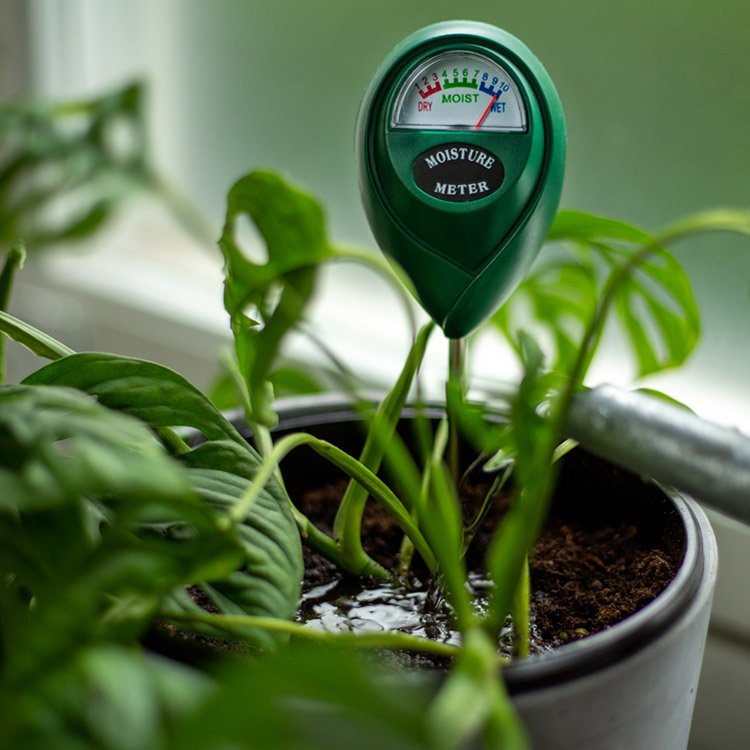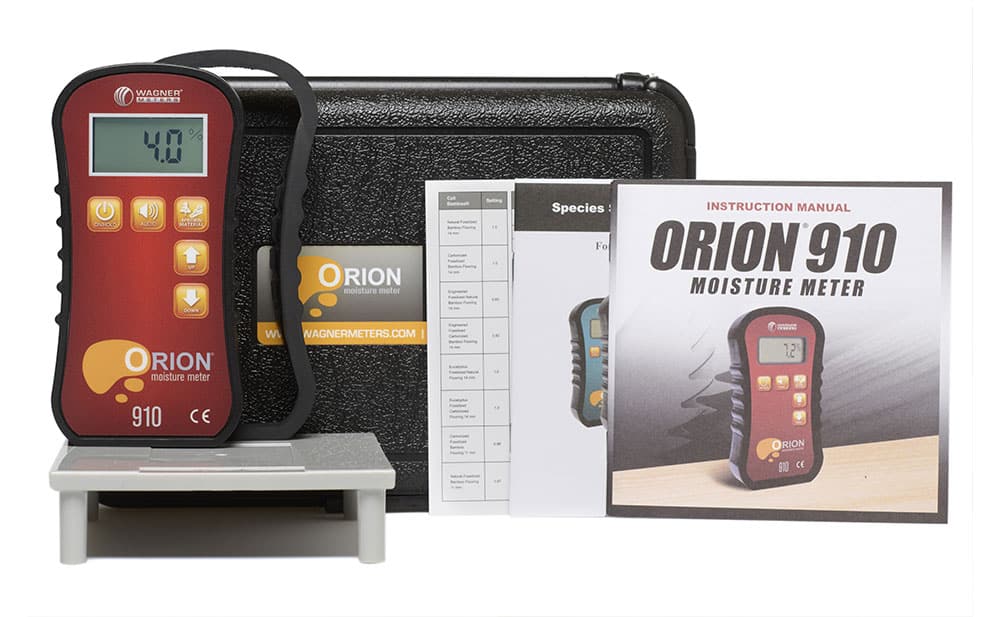The Scientific Research Behind Moisture Meters: Exactly How They Work and Why They're Necessary
The Scientific Research Behind Moisture Meters: Exactly How They Work and Why They're Necessary
Blog Article
The Ultimate Overview to Wetness Meters: A Comprehensive Review and Exactly How They Can Conserve You Money
Wetness meters offer as important tools in detecting and checking moisture web content in materials, helping in protecting against costly damages and making certain the quality of products. Comprehending the nuances of various kinds of dampness meters, their applications, and the prospective cost-saving benefits they supply can be a game-changer for businesses and professionals alike.
Types of Wetness Meters
Numerous kinds of moisture meters are available for different applications in numerous sectors. One typical type is the pin-type wetness meter, which determines the electric resistance between 2 pins placed right into a product. This kind is ideal for timber, drywall, and various other structure materials. Pinless wetness meters, on the other hand, use electromagnetic sensing unit plates to scan a larger area without causing damages to the product's surface area. Moisture Meter. These meters are suitable for swiftly analyzing dampness degrees in big areas such as walls and floors.

Moreover, there are also specialized dampness meters created for certain materials like grain, soil, or hay. These meters supply precise moisture analyses tailored to the special residential or commercial properties of the product being checked. Infrared moisture meters determine the thermal residential or commercial properties of a material to determine its wetness content non-invasively, making them beneficial for applications where pin or pinless meters may not appropriate. Comprehending the different kinds of wetness meters available can aid industries select one of the most proper device for their particular dampness measurement requirements.

Advantages of Making Use Of Dampness Meters
Moisture meters offer important benefits in precisely checking and analyzing wetness levels in varied products and settings. One of the key benefits of utilizing dampness meters is the prevention of prospective damages caused by excess dampness.
Moreover, utilizing wetness meters can bring about boosted power effectiveness. By identifying areas with high moisture levels, such as leakages or bad insulation, adjustments can be made to enhance power preservation and decrease utility prices. In farming setups, dampness meters play a vital function in maximizing plant returns by enabling farmers to check dirt moisture levels and make informed watering decisions. On the whole, the benefits of utilizing moisture meters span across different industries, offering cost-effective remedies and advertising much better quality control techniques.
Just How to Choose the Right Moisture Meter
When selecting a wetness meter, it's important to ensure that the meter is appropriate for the particular material you will certainly be testing. Different products have varying electric properties that can influence moisture analyses, so picking a meter made for your material is important for precise outcomes. By meticulously examining these elements, you can choose a dampness meter that satisfies your needs and supplies accurate wetness measurements for your jobs.
Proper Strategies for Wetness Meter Use

Price Cost Savings With Wetness Meter Applications
Exactly how can the tactical use of moisture meters lead to significant cost financial savings throughout various industries? Wetness meters play a crucial duty in expense savings by preventing possible damage and guaranteeing quality control in different markets. In the agriculture sector, wetness meters aid in establishing the ideal time for harvesting plants, stopping over-drying or excess moisture that can influence the end product's high quality. This precise surveillance assists farmers avoid unneeded losses and maximize their return.
Likewise, in building and construction, wetness meters aid prevent expensive problems by identifying moisture levels in structure materials, such as wood or concrete, which can cause structural problems otherwise addressed immediately. By determining trouble locations early on, specialists can take corrective actions to stay clear of comprehensive fixings or substitutes, ultimately conserving money and time.
Furthermore, in the food processing market, wetness meters are vital for keeping an eye on item top quality and ensuring compliance with safety guidelines. By properly gauging dampness web content in foodstuff, manufacturers can avoid putridity, preserve freshness, and decrease waste, leading to considerable cost savings. In general, the calculated application of wetness meters is a useful financial investment that can bring about significant price reductions and enhanced effectiveness across various industries.
Conclusion
In conclusion, dampness meters are beneficial devices for discovering and gauging wetness levels in various materials. By making use of the appropriate dampness meter and adhering to appropriate methods, users can effectively protect link against pricey damages triggered by excess wetness. Investing in a quality dampness meter can cause considerable cost financial savings over time by identifying prospective issues beforehand and making it possible for timely remediation. Inevitably, wetness meters are essential tools for maintaining the honesty and long life of materials and structures.
Wetness meters offer as crucial tools in finding and keeping track of moisture material in products, aiding in stopping pricey damages and making sure the top quality of products. Infrared wetness meters gauge the thermal properties of a material to establish its moisture content non-invasively, making them valuable Get More Info for applications where pin or pinless meters may not be appropriate.Dampness meters supply indispensable benefits in properly checking and assessing moisture levels in diverse products and environments. In agricultural settings, wetness meters play a critical role in enhancing plant returns by allowing farmers to check soil moisture levels and make educated watering choices.In conclusion, moisture meters are important tools for determining and spotting dampness degrees in numerous products.
Report this page